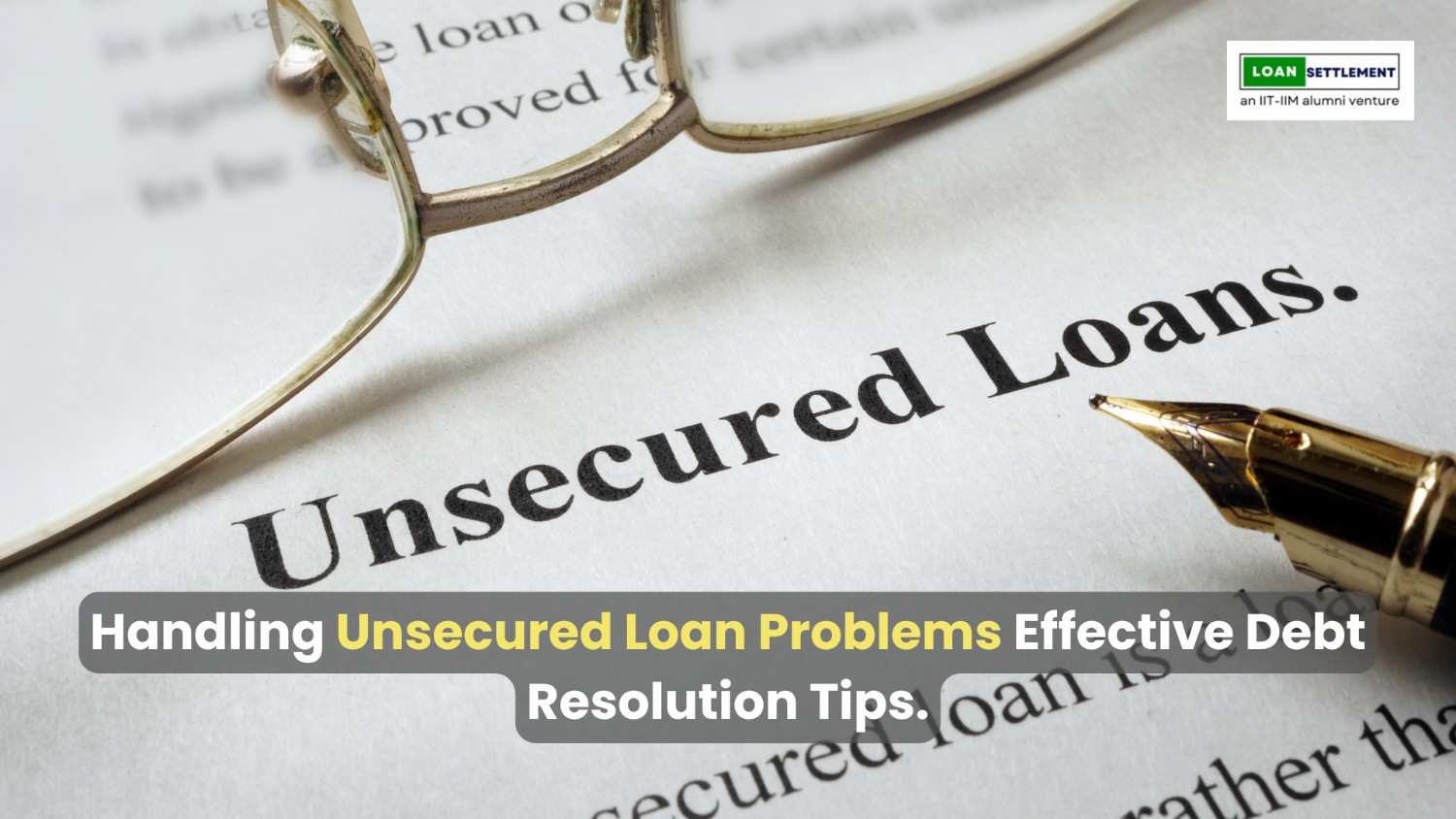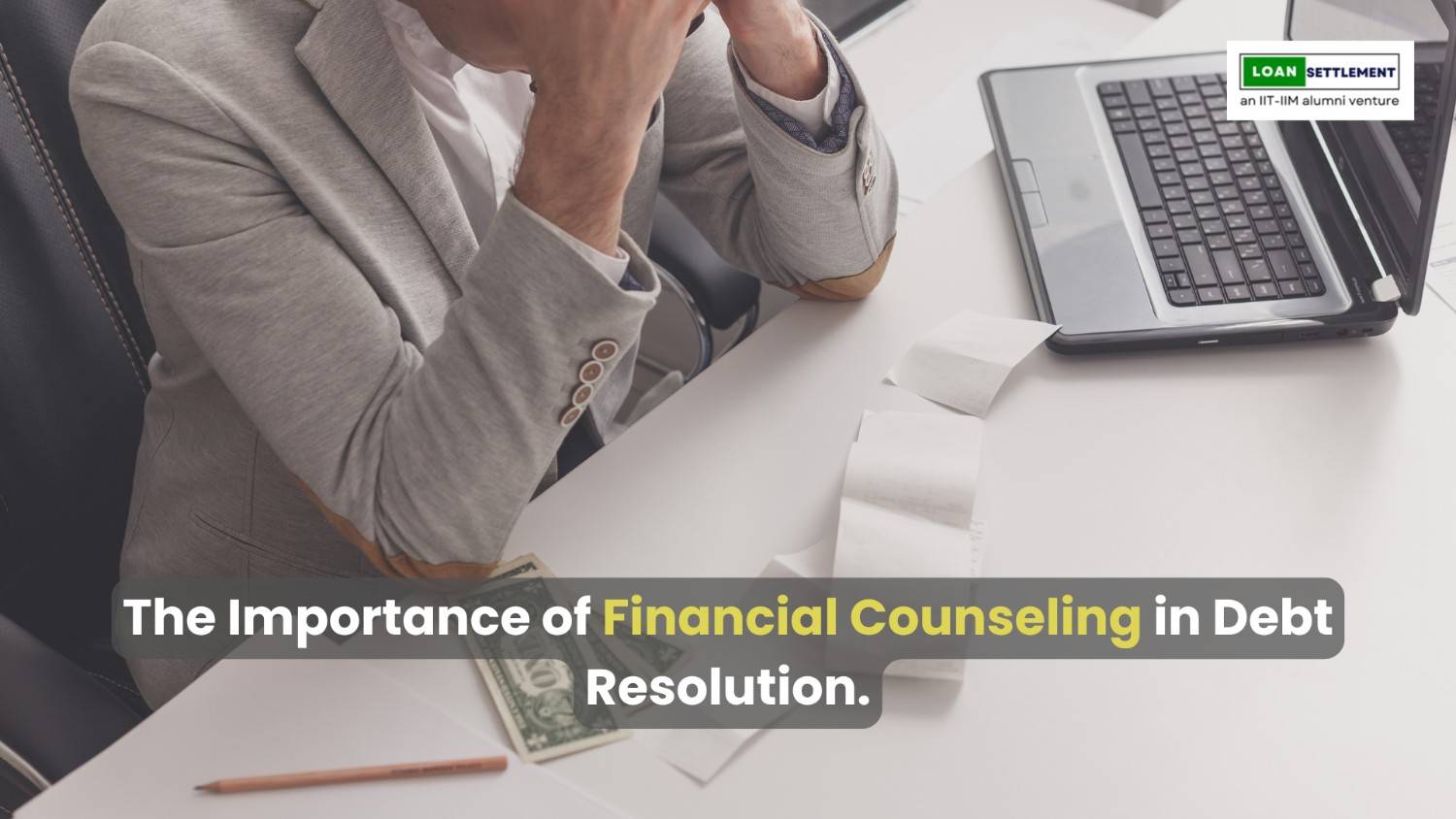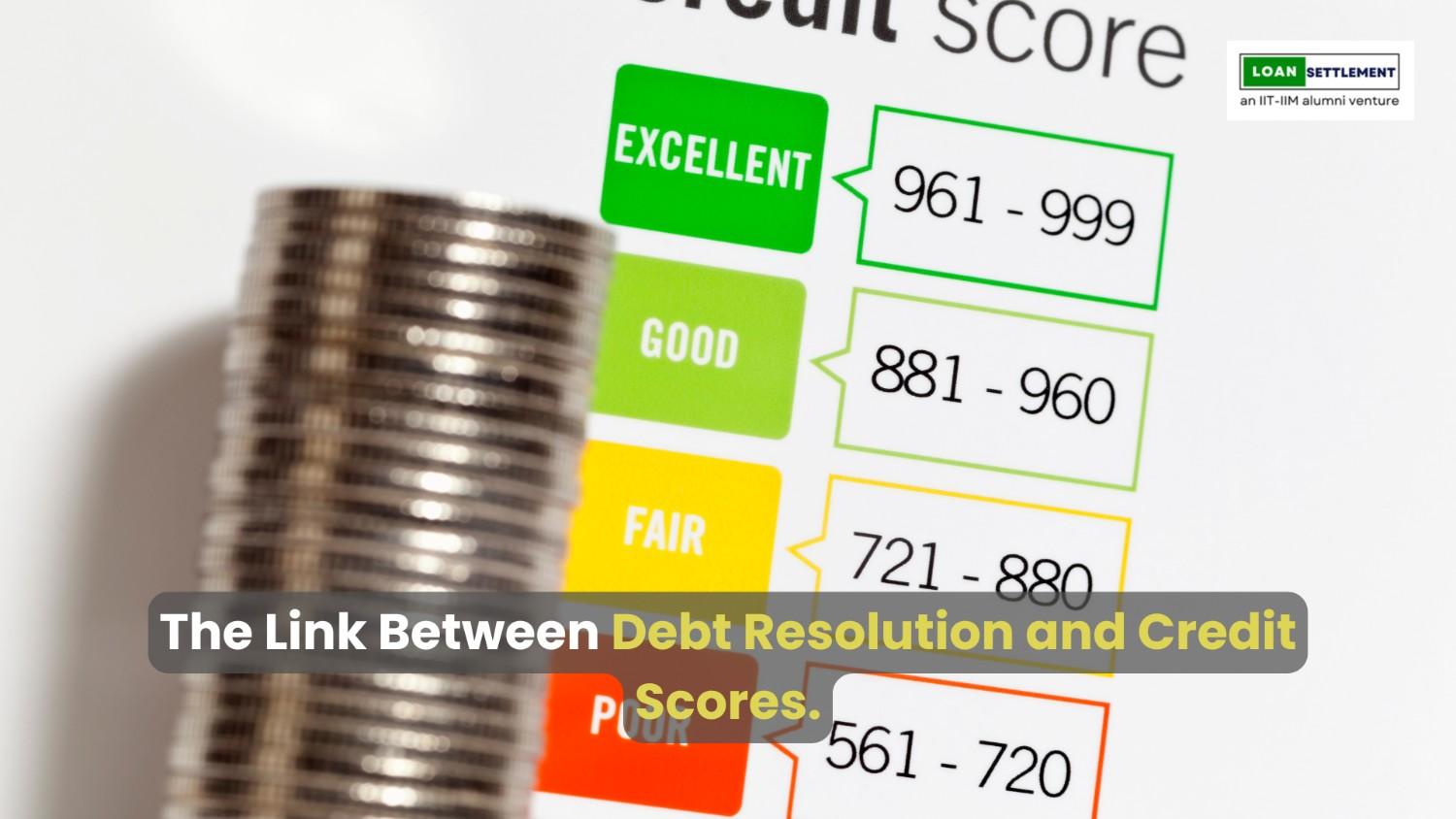· Debt Resolution · 4 min read
Handling Unsecured Loan Problems: Effective Debt Resolution Tips
Handling Unsecured Loan Problems: Effective Debt Resolution Tips Dealing with unsecured loan problems can feel like an uphill battle. Whether it’s mounting credit card debt or overdue personal loans, finding a way out requires determination and strategy. In this guide, discover practical tips to resolve unsecured debt and regain control of your financial future.

Dealing with unsecured loan problems can feel like an uphill battle. Whether it’s mounting credit card debt or overdue personal loans, finding a way out requires determination and strategy. In this guide, we’ll walk you through practical, effective tips to resolve unsecured debt and regain control of your finances.
What Are Unsecured Loans?
Unsecured loans are those not backed by collateral, meaning you don’t need to pledge any asset like a car or house to secure them. Instead, lenders assess your creditworthiness based on your income and credit score. While this makes them accessible, it also means higher risks for lenders, leading to steeper interest rates.
Types of Unsecured Loans
Unsecured loans come in various forms. Here are some common ones:
Credit Card Debt – A frequent culprit of financial stress due to revolving credit and high-interest rates.
Personal Loans – Used for various needs but can snowball into debt if not managed properly.
Medical Debts – Often unexpected, medical expenses can quickly become overwhelming.
Payday Loans – Short-term loans with exorbitant interest rates, designed to be repaid with your next paycheck.
Common Challenges with Unsecured Loan Debt
Dealing with unsecured loan problems isn’t easy. Here’s why:
High-Interest Rates: These can make repayment feel like a treadmill—no matter how much you pay, the debt hardly reduces.
Credit Score Impact: Late payments or defaults can take a serious toll on your credit score.
Collection Agency Harassment: Constant calls and threats can cause significant stress.
Financial Instability: Unpaid debts can lead to financial insecurity and strained relationships.
Effective Debt Resolution Strategies
Assess Your Financial Situation
Start by listing all your debts, monthly income, and expenses. This will give you a clear picture of where you stand. Create a budget to track spending and identify areas to cut back.
Prioritize Payments
Focus on high-interest debts first, often referred to as the “avalanche method.” Alternatively, tackle smaller debts for quick wins, known as the “snowball method.”
Communicate with Creditors
Creditors might be more flexible than you think. Call them to negotiate lower interest rates or extended repayment terms. Transparency often works in your favor.
Explore Debt Consolidation Options
Consider consolidating multiple debts into a single loan with a lower interest rate. Balance transfer credit cards can also help if managed wisely.
Consider Debt Management Plans
Reach out to a credit counseling agency for a structured repayment plan. These agencies can negotiate with creditors on your behalf.
Legal Remedies for Debt Relief
If all else fails, filing for bankruptcy can provide a clean slate. Ensure you understand the implications before proceeding. Familiarize yourself with your rights to avoid harassment from debt collectors.
Tips to Prevent Unsecured Loan Problems in the Future
Build an Emergency Fund: Set aside three to six months’ worth of living expenses to handle unforeseen situations.
Avoid Unnecessary Debt: Think twice before taking on new loans or credit.
Review Financial Goals Regularly: Stay on top of your finances by revisiting and adjusting your goals as needed.
Conclusion
Unsecured loan problems don’t have to dictate your financial future. With a proactive approach, careful planning, and the tips shared here, you can tackle debt effectively and rebuild your financial health. Remember, the first step is the hardest, but it’s also the most important.
FAQs
1. What’s the difference between secured and unsecured loans?
Secured loans require collateral, while unsecured loans do not. This makes unsecured loans riskier for lenders and often comes with higher interest rates.
2. Can I negotiate my unsecured loan repayment terms?
Yes, many creditors are open to negotiation. Be honest about your financial situation and request revised terms.
3. How does debt consolidation affect my credit score?
Initially, it may slightly lower your credit score due to hard inquiries, but timely payments on the consolidated loan can improve your score over time.
4. Is filing for bankruptcy the best solution for unsecured loans?
Bankruptcy should be a last resort. While it can discharge most unsecured debts, it severely impacts your credit score and financial standing.
5. What are the long-term benefits of resolving unsecured debt?
Resolving debt improves your credit score, reduces financial stress, and allows you to focus on saving and building wealth.



.BdWlxAiH.jpeg)